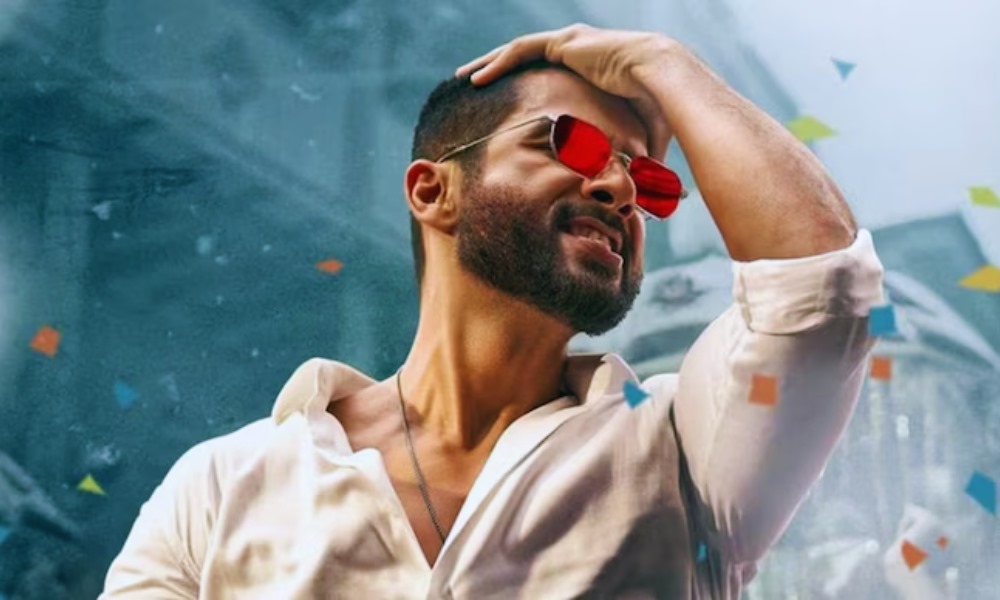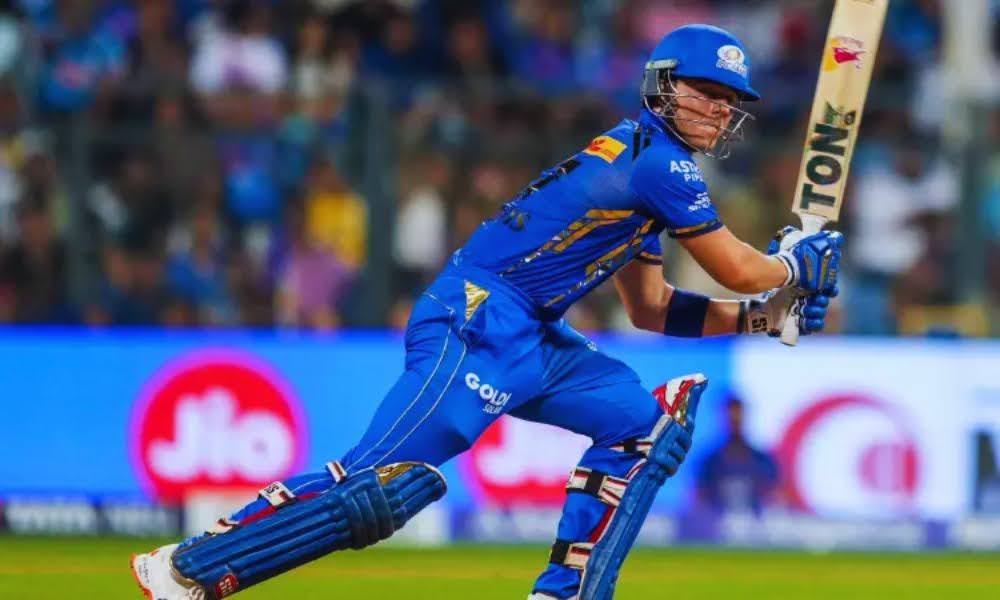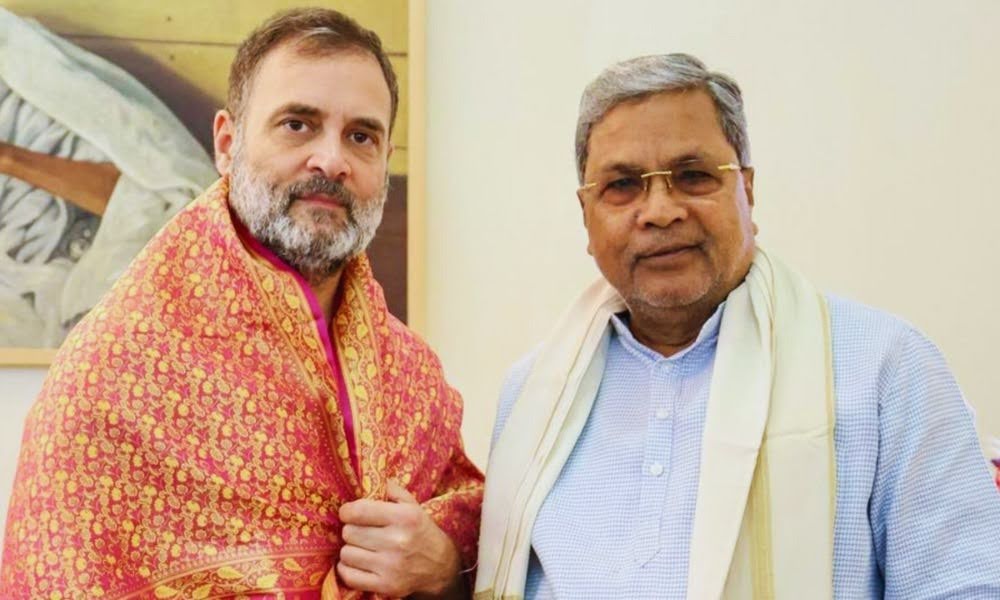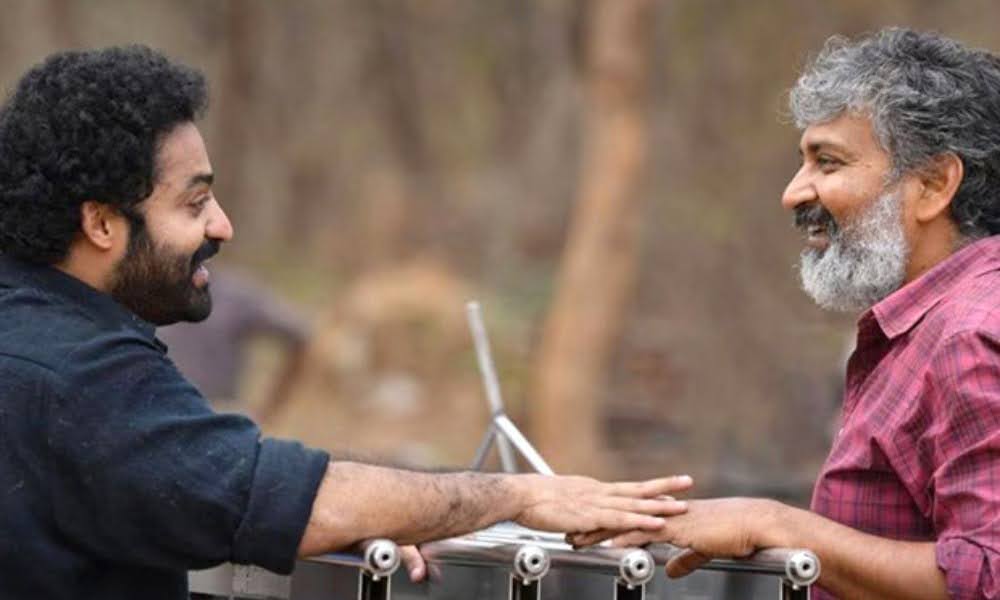Deva Review: Shahid Kapoor’s Swag vs. Mumbai Police’s Lost Shock Value

The thought lingers in our minds as we watch Rosshan Andrrews’ Deva, a remake of his own 2013 Malayalam film, Mumbai Police, it is surprising to see Andrrews revisit this project after a decade.
The original left audiences stunned with its unexpected twist, gripping storyline, and Prithviraj’s portrayal of Anthony. So why did Andrrews decide to remake it after more than ten years, especially when remakes are no longer in vogue?
One might assume it was for the progressive storyline. However, that crucial element is notably absent in Deva.
While Andrrews has remade his film, he has also removed the shocking twist that made the original memorable. So, what remains to attract audiences?
Primarily, the film leans on Shahid Kapoor’s charisma and the fact that a significant portion of the North Indian audience may not have seen Mumbai Police.
Shahid Kapoor’s Star Power
Shahid Kapoor has demonstrated his versatility over the years. Under the right direction, he shines—be it in Haider, Jab We Met, or the controversial Kabir Singh.
In Deva, he channels a part of his Kabir Singh persona. He is bold but not as stylish as Chulbul Pandey. He plays a mafia-like cop who bends rules to achieve his goals, emphasizing that Mumbai kisi ke baap ki nahi hai, Police ki hai.
Introduced with the Bhasad Macha song, Deva is an unapologetic law enforcer. His closest allies include his senior and brother-in-law, Farhan Khan (Pravessh Rana), and his devoted friend, Rohan D’Silva (Pavail Gulati).
However, when one of them meets a tragic fate, Deva embarks on a mission to find the perpetrator.
A Murder Mystery With Predictable Turns
Like all murder mysteries, Deva has its suspects. However, the simplicity of the options and the director’s attempts to overcomplicate matters may make the culprit predictable.
Even if one correctly guesses the culprit, the journey to uncovering the truth is engaging. The film heavily relies on Shahid Kapoor, who injects raw energy into the story.
His character—arrogant, carefree, and rebellious—lives by his own rules. Kapoor executes action sequences effortlessly and dances with infectious energy. The film belongs to him.
However, this emphasis on Kapoor comes at the cost of the supporting cast. Pooja Hegde, as journalist Diya, and Pavail Gulati and Pravessh Rana have minimal room to showcase their talent. They deliver competent performances but remain underutilized.
Flaws in Pacing and Execution
One of Deva‘s major drawbacks is its uneven pacing, which could have been addressed in the editing phase.
Moreover, removing the best parts of the original while retaining its lesser elements weakens the impact. Fortunately, Shahid Kapoor’s screen presence sustains the film, making it a one-time watch.
The film’s opening credits attempt to capture Mumbai’s essence and Amitabh Bachchan’s legacy.
However, Kapoor’s introduction, featuring an accident and subsequent memory loss, is awkwardly shot against a green screen, evoking comparisons with Shah Rukh Khan’s Jab Tak Hai Jaan.
Andrrews structures the film like a whodunnit, assembling clues piece by piece. While this approach is effective, the first half drags, with abrupt character introductions—Pooja Hegde and Kubbra Sait appear so suddenly that it’s jarring.
Action, Machismo, and Overdone Intensity
The action sequences lack consistency. A crucial character meets an underwhelming end in an ambush, reminiscent of Yudhra and Siddhant Chaturvedi.
The film also succumbs to the trend of glorifying toxic masculinity. Kapoor, an actor known for his earnest performances, overdoes his intense stares, often mistaken for heroism.
His interactions consist of quips and one-liners rather than genuine dialogue. As Hegde’s character puts it, “I like your Sadupan, your anger issues, but tumhare andar ek bachcha hai.” Kapoor even engages in morally questionable actions, drawing inevitable comparisons to Kabir Singh.
Despite hints of emotional depth, Deva prioritizes mass appeal over substance.
When Hegde’s father is gravely injured, the scene abruptly shifts to the hospital before capturing her reaction. The film claims to distance itself from Mumbai Police, but its narrative remains largely identical—only the setting and language differ.
While promotional material emphasized Bachchan’s influence, the tribute amounts to mere glimpses of his Deewar poster.
A Title Without Purpose and a Weak Climax
The film’s title, Deva, is justified through a single scene where Kapoor’s doctor remarks, “You were Dev-A before your accident, and now you’re Dev-B.” The reasoning feels weak.
The second half picks up pace but ultimately leads to a dead end. The climax, which was pivotal in the original, has been diluted—replacing vulnerability with a clichéd monologue.
Perhaps the filmmakers wanted to establish Deva as distinct from Mumbai Police, or perhaps they hesitated to portray the protagonist’s queerness. Instead, the film opts for stylization over depth.
Final Thoughts
Deva tries to blend elements of a thriller and a mass entertainer but falls short of delivering a compelling experience.
While Kapoor’s performance is commendable, the film’s pacing, predictable mystery, and compromised climax hold it back. Ultimately, Deva is watchable, but it lacks the emotional impact and narrative strength of its predecessor.









